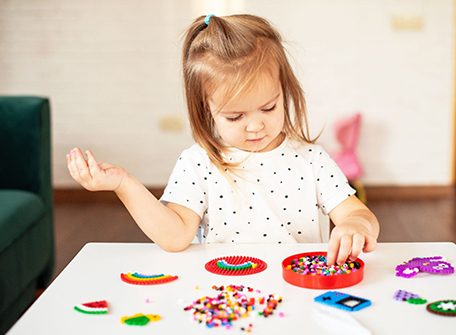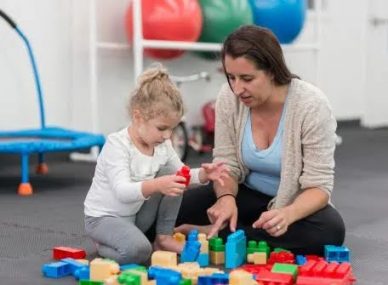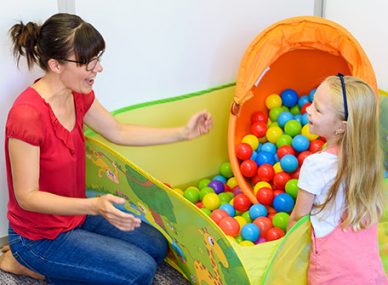Children use their senses to explore the world. They touch, taste, smell, see, move, and hear so many things to understand various aspects of the world. Sensory play even helps in cognitive growth, fine motor skills, language development, problem-solving skills as well as social interaction.
Children with sensory processing disorder have increased or decreased sensitivity to sound, light, and touch. As a result, your child may avoid or seek out sensory stimulation.
Sensory skills are important for children since they help to process and organize sensations from the environment, making it flexible for the body to be used effectively within the environment. Therefore, if you see your kiddo is having sensory issues, it’s highly recommended to reach out to the best occupational therapists in Dubai.
Before that, let’s dig deep into the symptoms and causes of sensory disorders in children.
Signs/Symptoms of Sensory Disorders in Children
Children who have hypersensitivity, have increased sensitivity to sensory inputs such as sound, light, and touch.
Sensory hypersensitivity may cause
- Behavior problems
- Appearing clumsy
- Fleeing without regard for safety
- A low pain threshold
- Difficulty controlling their emotions, focusing attention, and adapting responses
- Resisting hugs or sudden touches
- Covering their eyes or ears frequently
- Picky eating habit with specific food preferences
On the other hand, children which hyposensitivity may feel the following things-
- Bumping into walls
- Giving bear hugs
- A high pain threshold
- Touching things
- Rocking and swaying
- Putting things into their mouth
- Crashing into other people or things
What Causes Sensory Issues
The causes of sensory disorders are not clear. However, as per the latest study, it is observed that sensory disorders may be caused due to premature birth, low birth weight, alcohol or drug consumption during pregnancy, or parental stress.
What Happens If Your Kid Has A Sensory Disorder
When the sensory system of a child is dysregulated, this may lead to a wide pool of problems such as irritability, intolerance, inattention, fidgeting, lack of coordination, under responsibility, poor body awareness, and more! As a result, your child may fail to understand how to communicate their feelings. Furthermore, children begin to learn soothing and coping strategies at a very early age. You can see, if the sensory system is not working properly, this may result in a serious impact.
Occupational Therapy For Sensory Processing Disorder
Occupational therapists play a crucial role in the treatment of sensory processing disorders in children. The goal of an effective occupational therapy program is to develop automatic and appropriate responses to sensations as well as improve social participation while allowing them to complete day-to-day activities.
With occupation therapy, children have an improved ability to identify, regulate, interpret, and execute behavioral and motor responses to sensory input. Occupational therapists formulate a treatment plan tailored to the specific needs of the children.
One of the effective methods of treatment of the best pediatric occupational therapy is sensory integration therapy which is like providing the kids with sensory input and experiences to learn and develop. This therapy generally involves particular sensory activities that consist of bouncing, spinning, brushing, swinging, etc. These activities are aimed at helping the kid to regulate their sensory responses.
In a nutshell, occupational therapy is extremely beneficial for children with sensory processing disorders to manage and cope with their day-to-day activities more effectively.
Bottom Line
Sensory processing disorder is not an officially stated neurological condition. The occupational therapists at Hope AMC work closely with children to observe their behavior and their ways of interaction. Based on the thorough assessment along with analyzing their past medical history, they devise a customized plan that suits the unique needs of the child.
If your child has any kind of sensory issues, don’t hesitate to consult our occupational therapists in Dubai today!






